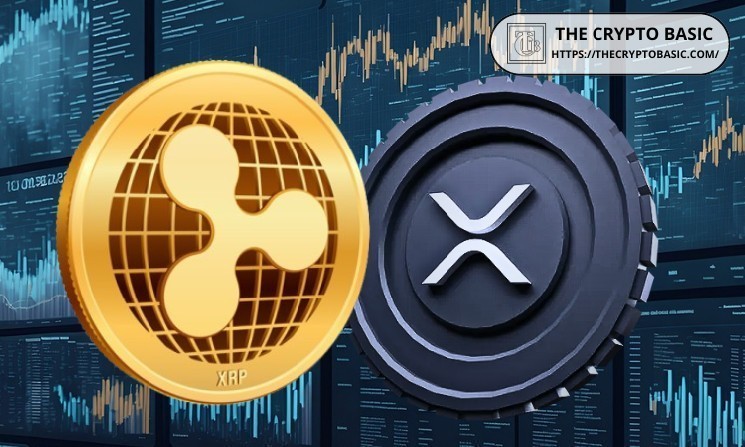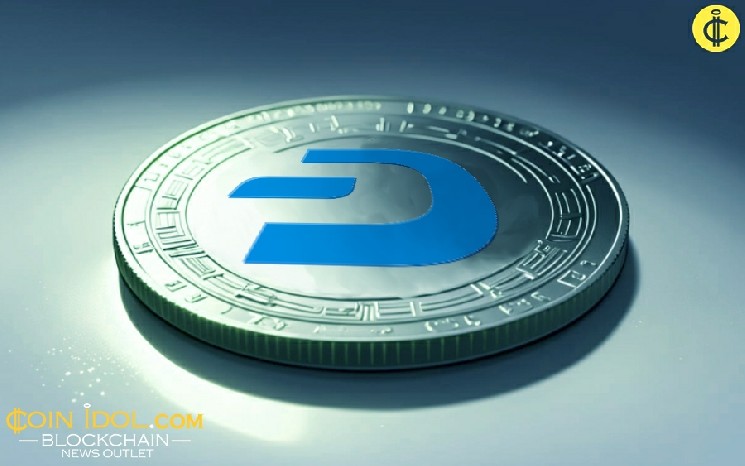Ripple critics have often accused the company of using XRP merely as a fundraising tool, dumping the token to enrich itself while offering little real-world utility in return.
However, a major new development out of Dubai is flipping that narrative on its head. The Dubai Land Department (DLD), in collaboration with tokenization platform Ctrl Alt, has officially launched a government-backed real estate tokenization initiative on the XRP Ledger (XRPL).
This marks a historic first in the Middle East, where firms are using a public blockchain to tokenize property title deeds. The project enables fractional ownership of real estate, fully compliant with local laws, through direct integration with Dubai’s traditional property registration systems.
PRYPCO Mint, the platform behind the initiative, is already live. Entry points are as low as AED 2,000 ($545), making property investment significantly more accessible.
According to the announcement, the initiative could drive a $16 billion market by 2033, accounting for roughly 7% of Dubai’s entire real estate transaction volume.
Given the significance of this latest XRPL integration, the move has triggered a wave of reactions within the XRP community.
“Ripple Just Dumps XRP”? Analyst Fires Back
XRP community analyst @CryptoInsightUK responded to the news by reminding investors that Ripple remains the only crypto company with a full crypto payments license in the UAE.
Notably, the company achieved this milestone in March of this year. Following a recent meeting with key leaders in the UAE, Ripple is now aiming to build on this momentum.
Commenting on the development, CryptoInsightUK emphasized that the tokenization of land has occurred on the XRPL in one of the world’s fastest-growing economies — a direct counter to the narrative that Ripple merely dumps XRP for profit.
He stressed that Dubai’s XRPL integration is clear evidence of the XRP Ledger’s real-world utility, contradicting the idea that it serves no meaningful purpose.
Tokenized Real Estate Backed by Government and VARA
Notably, the project comes under Dubai’s Real Estate Evolution Space Initiative (REES) and aligns with the Dubai Economic Agenda (D33) and Real Estate Sector Strategy 2033. Both aim to drive technological advancement across key industries.
Ctrl Alt worked closely with the DLD to ensure seamless coordination between blockchain and traditional registries. Interestingly, the official release stated that they chose the XRPL for its long-standing reliability, low fees, and decentralized infrastructure.
According to Matt Ong, CEO of Ctrl Alt, the initiative opens up real estate investment to a broader audience. It delivers next-generation financial infrastructure while maintaining regulatory compliance.
Ripple’s Growing Global Footprint
Ripple already holds a full payments license in the UAE, making it one of the few crypto firms in the region with this level of regulatory clarity. This, alongside the XRPL’s selection for a government-level project, signals mainstream adoption and growing confidence in XRP’s underlying technology.
Interestingly, even the World Economic Forum has recognized XRPL and Ripple in this regard. In its latest report on asset tokenization, the WEF highlighted XRPL as the foundation for the world’s first $1 billion tokenized private equity and debt fund.
This fund leverages XRPL’s decentralized infrastructure to digitize traditionally illiquid assets, enhancing investor access, liquidity, and transparency.
Citing its speed, security, and low costs, Ripple CTO David Schwartz praised XRPL’s role in transforming private equity. Aurum CEO Venkat Bussa called it a major step forward in real-world asset tokenization.










Leave a Reply